Can You Mix Formula and Breastmilk – Benefits and Safety
As new moms, we are often told to “supplement with formula” or “give a top feed”, especially if our milk production seems to be low or if the baby’s weight is low. So, is it a good idea to go with mixing breastmilk and formula together?
Breastfeeding is challenging for many women, ranging from low milk production to sore nipples to problems with latching. In many Indian households, if the mother is experiencing such problems, the advice is to mix breast milk with some formula milk to ensure that the baby gets enough nutrition.
However, when it comes to feeding your baby, you cannot be too careful. This is why many of us moms battle with the question – Can I mix breast milk and formula? Read on to find out if you can mix formula milk with breast milk.
Can You Mix Formula and Breast Milk in the Same Bottle?
Yes, mixing formula with breast milk in the same bottle is possible. This is often done to supplement a baby’s feeding, but it’s important to prepare the formula correctly first and then add breast milk (1). Feed the mixture immediately or discard any leftovers, as it should not be stored for later use. Always consult your pediatrician if you have concerns.
Benefits of Mixing Formula With Breast Milk
Mixing formula with breast milk can be a practical solution for parents who want to ensure their baby receives adequate nutrition while supplementing breast milk with formula. Below are some benefits of mixing formula with breast milk (2):
- Combining breast milk and formula can provide a balance of the unique antibodies and nutrients in breast milk with the added vitamins and minerals found in formula, ensuring the baby gets a well-rounded diet.
- Mixing the two in one bottle can simplify feeding routines, especially for parents who are supplementing or weaning.
Risks of Mixing Formula and Breast Milk
Mixing formula with breast milk can be convenient, but it comes with potential risks that parents should be aware of. Below are key risks to consider (3):
- Altered Nutritional Composition: Breast milk is uniquely tailored to a baby’s needs, with its composition even adapting when the baby is unwell. Formula, while nutritionally rich, has a static composition. Mixing the two can result in an imbalance of nutrients, potentially making the mixture harder for a baby’s developing digestive system to process.
- Wasted Breast Milk: Breast milk can be stored safely for longer periods, while formula must be discarded if not consumed immediately. Mixing the two means any leftover mixture must be thrown away, leading to the unnecessary waste of valuable breast milk.
How to Mix Formula With Breast Milk
Mixing formula with breast milk can be a helpful way to supplement your baby’s feeding, but it’s important to do it correctly to ensure safety and preserve the nutritional value of both. Here’s a simple guide on how to mix formula with breast milk:
- Always prepare the formula according to the instructions on the packaging, using the correct water-to-formula ratio. Ensure the water is safe (boiled and cooled, if necessary) (4).
- Allow the prepared formula to cool to room temperature before adding breast milk. Adding breast milk to hot formula can destroy some of its beneficial properties.
- Once the formula has cooled, pour the desired amount of expressed breast milk into the same bottle. Gently swirl to mix—avoid shaking vigorously to prevent damaging the breast milk’s components.
Safety Concerns While Mixing Formula With Breast Milk
Mixing formula with breast milk can be a practical solution for some parents, but it’s important to be aware of safety concerns to protect your baby’s health. Here are key safety concerns to keep in mind:
- Formula and breast milk mixtures should not be stored after feeding, as bacteria from the baby’s mouth can contaminate the bottle. Always discard any leftovers to avoid the risk of infection.
- Mixing the two can alter the nutritional composition, potentially making it harder for your baby to digest. Follow proper preparation guidelines to minimize this risk.
- Since formula must be discarded if not consumed immediately, mixing it with breast milk can lead to the unnecessary waste of valuable breast milk, which could otherwise be stored and used later.
How to Store Formula and Breast Milk
Proper storage of formula and breast milk is essential to ensure your baby’s safety and preserve the nutritional quality of both. Here’s how to store them correctly (5):
- Freshly expressed breast milk can be stored in the refrigerator (4°C or below) for up to 4 days or in the freezer (-18°C or lower) for up to 6 months. Use clean, sterilized bottles or storage bags, and label them with the date and time of expression.
- Prepared formula should be used immediately or stored in the refrigerator for no more than 24 hours. Never freeze formula, as it can separate and lose its nutritional value. Discard any leftover formula after feeding, as it cannot be reused.
- Do not mix formula and breast milk before storage, as they have different shelf lives. If you need to combine them, prepare and mix only the amount your baby will consume in one feeding.
Alternatives to Mixing Formula and Breast Milk
So, now that you know the medical advice about mixing breastmilk and formula, what is the solution? Ideally, a baby should be exclusively breastfed for the first 6 months of his life. But for whatever medical or personal reasons, if you are considering breastfeeding and formula feeding at the same time, here is what you can do (6):
- Alternate your baby’s meals – one formula milk feed, one breast milk feed
- If you are struggling with lowered breast milk supply, use breastfeeding as a small ‘between the meals’ feed rather than as a major feed of the day
- If you must use both, doctors recommend that you always breastfeed first, and only then top up your feed with formula milk. The reason to do this is because breast milk contains antibodies, which formula milk lacks. Another reason to do this is – feeding with a bottle is easier and requires less effort on the baby’s part. It is also more pleasurable. This is why babies may tend to overfeed if bottle-fed exclusively.
When to Call the Doctor
While mixing formula with breast milk is generally safe when done correctly, there are certain situations where you should consult your pediatrician to ensure your baby’s health and well-being. Here are some instances when you should call the doctor:
- If your baby shows signs of discomfort, such as excessive gas, vomiting, diarrhea, or constipation, after consuming a mixture of formula and breast milk.
- If you notice symptoms like rashes, swelling, or difficulty breathing, which could indicate an allergy to the formula.
- If your baby is not gaining weight as expected or seems unsatisfied after feedings, it may indicate a need to adjust their diet.
- If your baby becomes unusually fussy, lethargic, or refuses to feed, it could signal an underlying issue that requires medical attention.
FAQs
1. Can mixing formula and breast milk cause nutrient overload for my baby?
Yes, mixing formula and breast milk can potentially lead to an imbalance in nutrients, particularly micronutrients and minerals. Formula is designed to be nutritionally complete on its own, and combining it with breast milk may result in excessive amounts of certain nutrients, which could be hard for your baby’s developing digestive system to process. Always consult your pediatrician to ensure the mixture meets your baby’s specific nutritional needs.
2. Is it safe to mix formula and breast milk for a premature baby?
Premature babies have unique nutritional requirements, and their feeding plans should be carefully monitored by a healthcare professional. While mixing formula and breast milk can be done, it’s crucial to follow your pediatrician’s guidance, as premature babies may need specialized formulas or fortified breast milk to support their growth and development.
3. Can mixing formula and breast milk affect my baby’s immune system?
Breast milk contains antibodies and immune-boosting properties that are tailored to your baby’s needs. Mixing it with formula does not eliminate these benefits, but it may dilute the concentration of these protective components. If your baby relies heavily on formula, they may miss out on some of the immune support provided by exclusive breastfeeding. Discuss with your pediatrician to find the right balance.
4. Does mixing formula and breast milk change the taste, and will my baby reject it?
Mixing formula and breast milk can slightly alter the taste, as formula has a different flavor profile compared to breast milk. Some babies may notice the difference and initially resist the mixture, while others may not mind. If your baby rejects the mixture, try introducing it gradually or consult your pediatrician for alternative feeding strategies.
In conclusion, mixing formula with breast milk can be a practical solution for parents who need to supplement their baby’s feeding, but it requires careful consideration and proper preparation. While it offers benefits like enhanced nutrition and convenience, it also comes with potential risks, such as nutrient imbalance and wasted breast milk. Always follow safe preparation and storage guidelines, and consult your paediatrician to ensure your baby’s unique needs are met. Should you mix formula and breastmilk? The answer depends on your baby’s specific requirements and your feeding goals. Mixing breast milk with formula can work well when done thoughtfully, but it’s essential to prioritise your baby’s health and seek professional advice when in doubt.
References/Resources:
1. Is it ok to mix human milk and formula?; La Leche League International; https://llli.org/breastfeeding-info/mixing-milk/
2. Breastfeeding FAQs: Solids and Supplementing; Nemours Kids Health; https://kidshealth.org/en/parents/breastfeed-solids.html
3. Can You Mix Formula and Breast Milk?; UPMC; https://share.upmc.com/2023/06/formula-and-breastmilk/
4. Infant Formula Preparation and Storage; CDC; https://www.cdc.gov/infant-toddler-nutrition/formula-feeding/preparation-and-storage.html
5. Are You Properly Storing Your Breast Milk and Formula?; Michigan Medicine; https://www.michiganmedicine.org/health-lab/are-you-properly-storing-your-breast-milk-and-formula
6. Mixed feeding; Australian Breastfeeding Association; https://www.breastfeeding.asn.au/resources/mixed-feeding
Also Read:
Breast Milk Vs. Formula
Breastfeeding vs. Formula Feeding
How to Make Formula Milk for Baby
Baby Formula – Types and Tips to Choose Best Baby Formula
Was This Article Helpful?
Parenting is a huge responsibility, for you as a caregiver, but also for us as a parenting content platform. We understand that and take our responsibility of creating credible content seriously. FirstCry Parenting articles are written and published only after extensive research using factually sound references to deliver quality content that is accurate, validated by experts, and completely reliable. To understand how we go about creating content that is credible, read our editorial policy here.





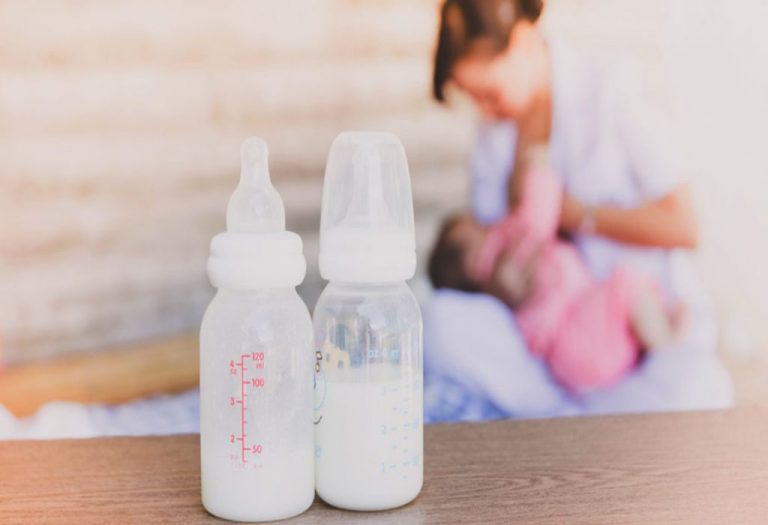
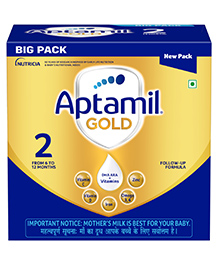

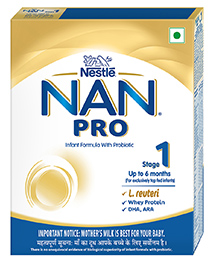
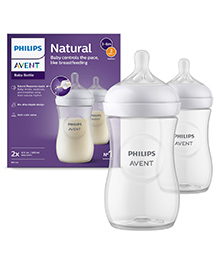
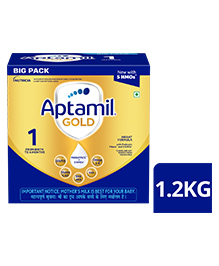
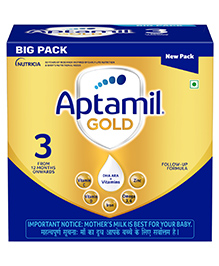
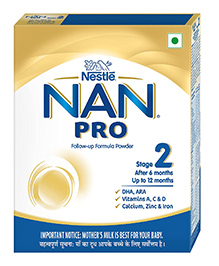
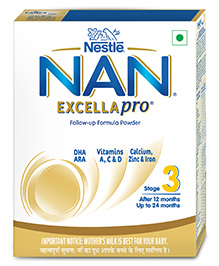
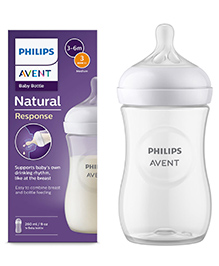
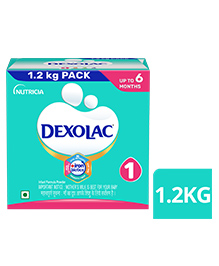
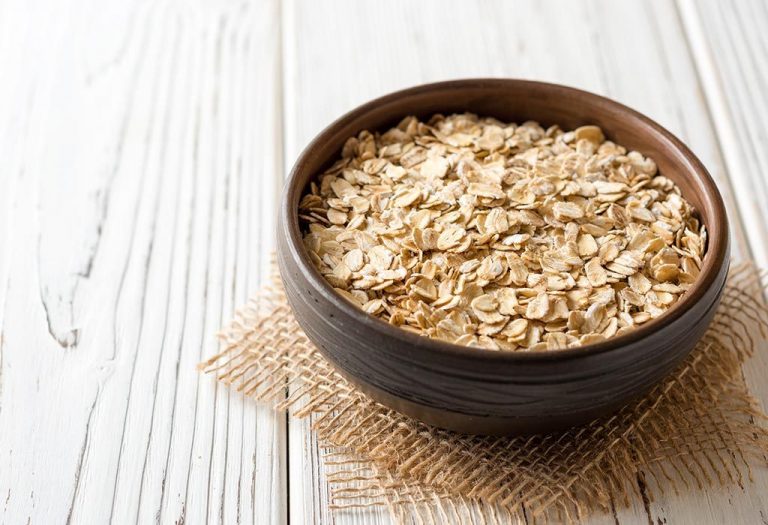






.svg)


















